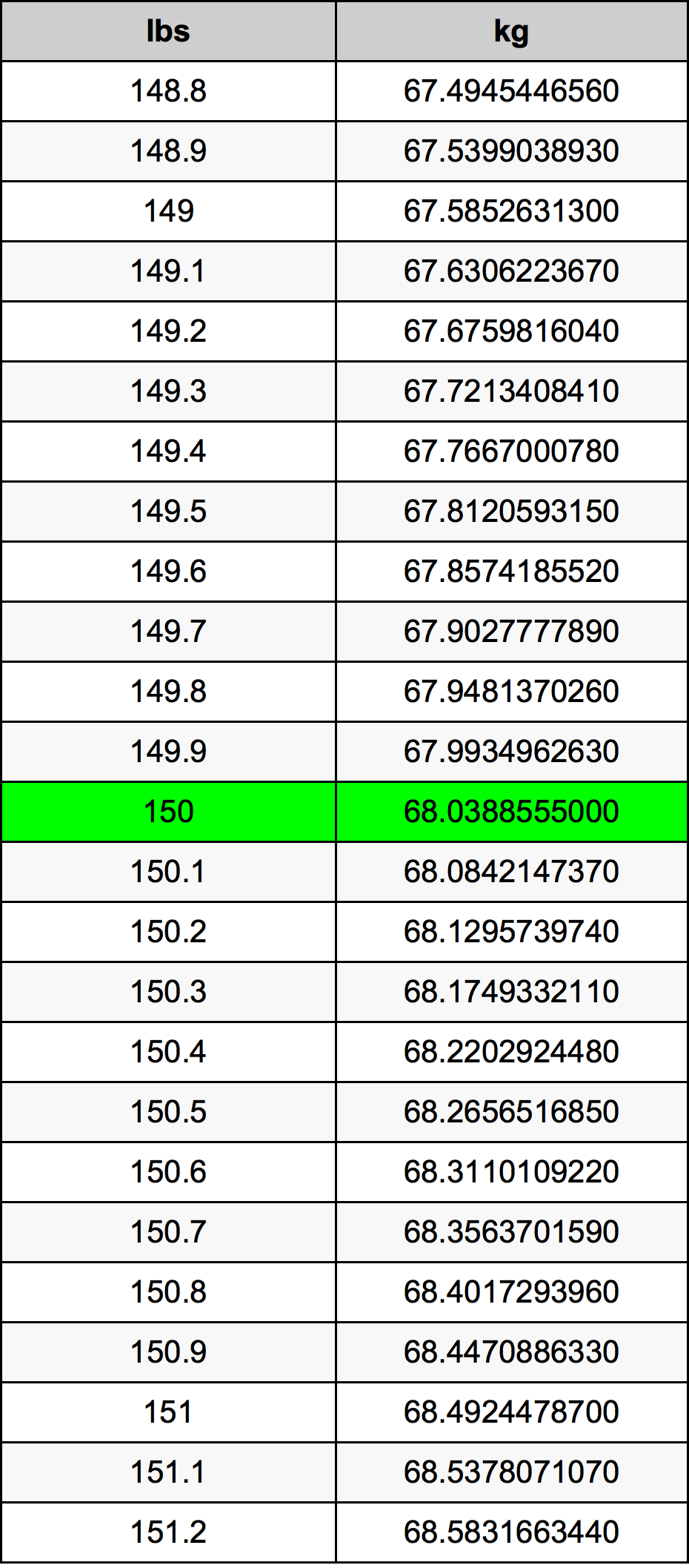Gojo And Geto

The intricate dynamics between Gojo Satoru and Suguru Geto, two pivotal characters in the Jujutsu Kaisen series, underscore the complexities of their relationship and the moral dilemmas they face. As former classmates and colleagues at the Tokyo Jujutsu High School, they shared a deep bond, but their divergent paths and ideologies eventually led to a profound rift. This dichotomy between their past camaraderie and current animosity serves as a compelling narrative thread, exploring themes of friendship, morality, and the consequences of one's actions.
Key Points
- Gojo Satoru and Suguru Geto's complex relationship is marked by a deep past friendship and a current profound rift due to ideological differences.
- Their experiences and worldview shape their distinct approaches to jujutsu and their roles within the jujutsu society.
- Gojo's unwavering optimism and belief in the potential for good in people contrast sharply with Geto's cynical and utilitarian perspective.
- The moral implications of their actions and the consequences of their decisions serve as a central theme in their narrative.
- Their story arc explores the complexities of human nature, the blurred lines between good and evil, and the impact of trauma and loss on individuals and society.
Character Dynamics and Ideological Differences

The relationship between Gojo and Geto is multifaceted, influenced by their unique personalities, experiences, and the events that have shaped their lives. Gojo, known for his extraordinary strength and his role as one of the strongest jujutsu sorcerers, embodies a philosophy of hope and redemption. He believes in the inherent goodness of people and the potential for anyone to change and grow. This optimistic outlook is a cornerstone of his character and guides his interactions with others, including his approach to dealing with cursed spirits and his role as a mentor to younger generations.
Geto’s Cynical Perspective and its Implications
In stark contrast, Geto’s worldview is marked by cynicism and a deep-seated distrust of humanity. His experiences, including the loss of his friends and the brutal realities of the jujutsu world, have led him to adopt a utilitarian approach, where the ends justify the means. Geto believes that the only way to bring about true change and protect the jujutsu sorcerers is through radical and sometimes violent means, even if it involves sacrificing certain individuals or groups. This ideological divide between Gojo’s optimism and Geto’s cynicism sets the stage for their conflict and serves as a catalyst for the exploration of deeper themes within the narrative.
| Character | Philosophy | Approach to Jujutsu |
|---|---|---|
| Gojo Satoru | Optimistic, believes in redemption | Focused on protecting and guiding others, emphasizes potential for growth |
| Suguru Geto | Cynical, utilitarian | Advocates for drastic change, sometimes through violent or extreme measures |

Moral Implications and Consequences

The actions and decisions of Gojo and Geto have significant moral implications, not only for themselves but also for those around them. Gojo’s commitment to his principles often puts him at odds with the jujutsu society’s more traditional or conservative elements, who may view his approach as too soft or naive. Conversely, Geto’s methods, though aimed at achieving a perceived greater good, can lead to harm and suffering for innocent individuals, raising questions about the morality of his utilitarian worldview.
Exploring Human Nature and Society
The narrative of Gojo and Geto invites a deeper exploration of human nature, the effects of trauma, and the societal structures that shape our beliefs and actions. Through their characters, the series delves into the consequences of loss, the power of friendship and camaraderie, and the challenges of navigating complex moral landscapes. Their story underscores the importance of considering multiple perspectives, the danger of dogmatic thinking, and the need for empathy and compassion in addressing the intricate problems that face individuals and society.
In conclusion, the relationship between Gojo Satoru and Suguru Geto in the Jujutsu Kaisen series offers a compelling exploration of friendship, ideology, and the human condition. Their divergent paths and the moral dilemmas they encounter serve as a rich backdrop for examining the complexities of human nature, the importance of empathy, and the consequences of our actions. As their story continues to unfold, it provides a thought-provoking reflection on the choices we make and the impact they have on ourselves and those around us.
What is the primary ideological difference between Gojo and Geto?
+The primary ideological difference lies in their views on human nature and how to address the challenges faced by the jujutsu society. Gojo believes in the potential for redemption and the inherent goodness of people, while Geto adopts a more cynical and utilitarian approach, believing that drastic measures are necessary for change.
How do the experiences of Gojo and Geto influence their worldviews?
+Both characters’ experiences play a crucial role in shaping their ideologies. Gojo’s positive relationships and his role as a mentor contribute to his optimistic outlook, while Geto’s losses and the harsh realities he faces lead to his cynical perspective and utilitarian beliefs.
What themes does the narrative of Gojo and Geto explore?
+The narrative explores themes of friendship, morality, the consequences of one’s actions, and the complexities of human nature. It also delves into the dangers of extremism, the importance of empathy, and the challenges of navigating complex moral issues.



